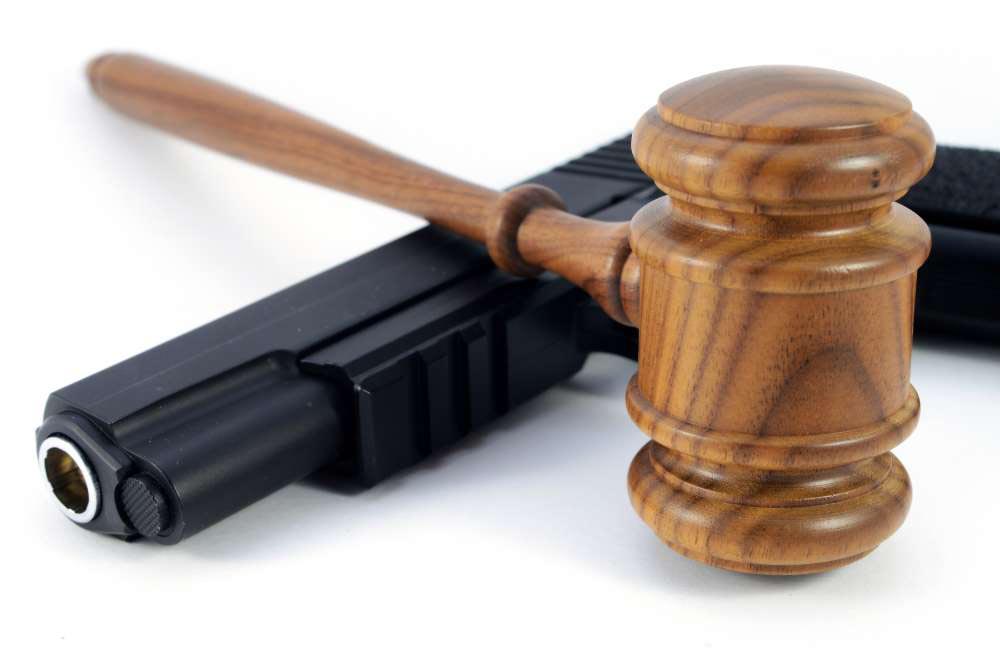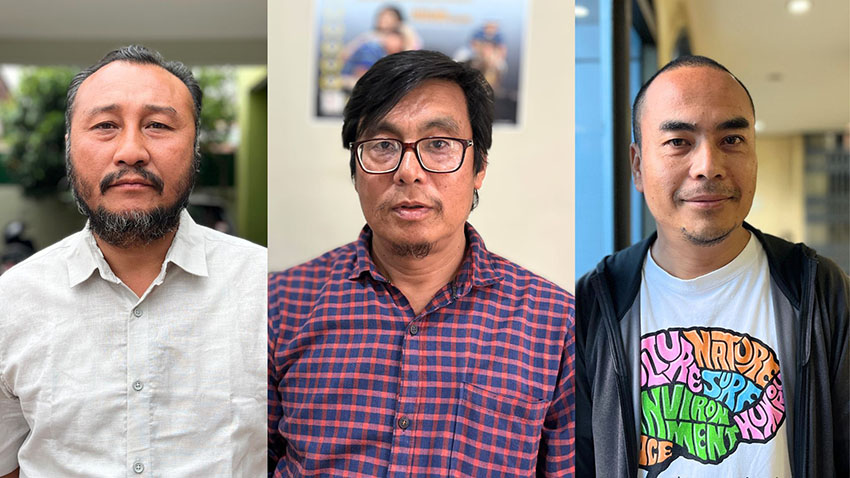In his book “My Century”, a collection of 100 inter-linked short stories celebrating the 20th Century, each of the 100 stories summarising the mood of each year of the century from the German perspective, Gunter Grass characterises the atmosphere in pre-First World War Europe amidst wide public insecurity introduced by an arms race in 1911. In a single line portrayal of the Germans at that juncture, he has one of two fictional friends write: “I wish to be a prince of peace – but a well-armed one.”
This seems exactly the mood in Manipur today in the backdrop of multi-pronged hostile rivalries between communities. Every community now virtually has a militia, all with objectives that vary widely in terms of ideology and approach. The cause and effect, story of how this came about is a matter of allegation and counter-allegation but the fact is, caught in the middle are the ordinary unarmed citizenry, across the board and across the ethnic divides. The state institution is supposed to ensure this does not happen, but unfortunately it is in this area of onerous statutory responsibility that the shadow is darkest. The state as Max Weber said, is supposed to have monopoly over legitimate violence, but also monopoly over legitimate possession of arms. In Manipur, this attribute of the state has been effectively reduced to a myth.
The unwritten understanding is, the individual citizens are supposed to repose absolute faith in the state that it would take care of their needs for defence against external as well as domestic aggressions. It is this unwritten article of faith which is degenerating, and with it the exponential rise in complications in the matrix of ethnic violence and friction. Inability to handle the situation is one thing, but the state institution must never deviate from the fundamental premise that possession of unlicensed arms by anybody other than the security organs of the state is illegal.
This implies that the state under no circumstance can make alliances with illegally armed men regardless of whatever the exigencies. The moment it makes a concession, a breach would have been created in this article of faith. The vital point is, it must fight all illegally armed organisations impartially. If any truce is reached or ceasefire agreed upon, let it be under definite and strict ground rules that will not compromise the security of the ordinary citizenry. In other words, give those who agree to negotiate peace come under the protective umbrella of the state, but without compromising on the initial article of faith that bearing arms or using them by any organisation other than an organ of the state security establishment is illegal.
Or else take the American approach and trust arms in the hands of the citizens for their individual defence against aggression, external or domestic. It is interesting that the now controversial Second Amendment of the American Constitution, incorporated into the constitution in 1791 along with nine other amendments which together form what is now famously known as the “Bill of Rights”, is the right to possess arms by citizens.
Interestingly, the First Amendment is about the guarantee of freedom of speech and the press, and unlike the Second Amendment, lauded everywhere in the democratic world. If the order of arrangement of the amendments in the list of 10 is any indication of priority, the American Constitution can be said to consider the right of citizens to possess and carry arms most fundamental after the freedom of press and free speech.
Perhaps this outlook had a lot to do with the nation being a settler state, having for most part of its pre-constitutional history to advance its frontiers westward, encountering in the process hostile resistances both from Native Americans. The race was also between several European colonial powers. Again, in the end, it was also a citizen’s militia that ultimately had to shoulder the responsibility of liberating their country from English colonial yoke.
Such a policy is unthinkable in India. For one, in a country of such diverse nationalities, and such diverse religions, there is considerable legitimacy in the state being insecure about an armed citizenry. But then, if this is the case, it becomes all the more the bounden duty of the state to ensure that nobody is illegally armed to become the cats in the pigeon coops. The sense of security that an armed individual supposedly gets from the possession of arms must under the altered circumstance be had from the knowledge and confidence that an armed state is his or her protector.












